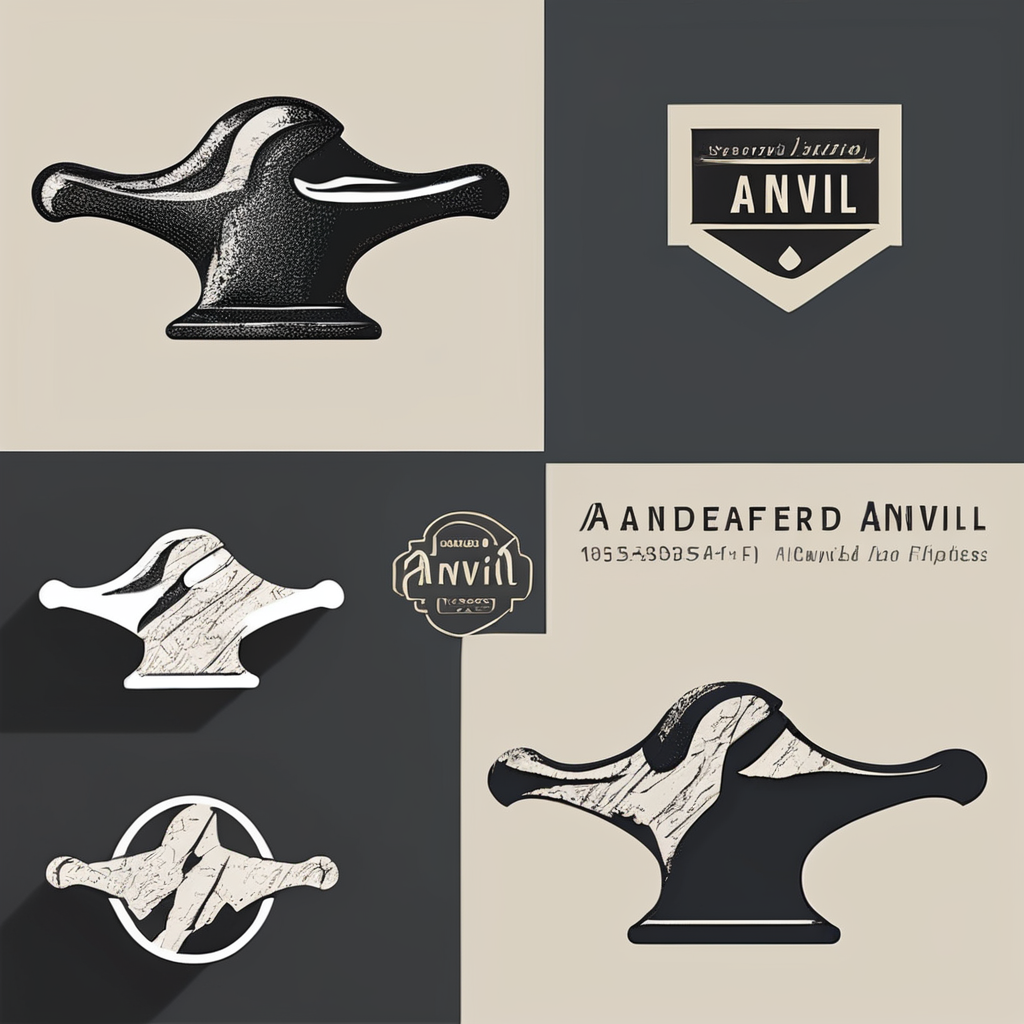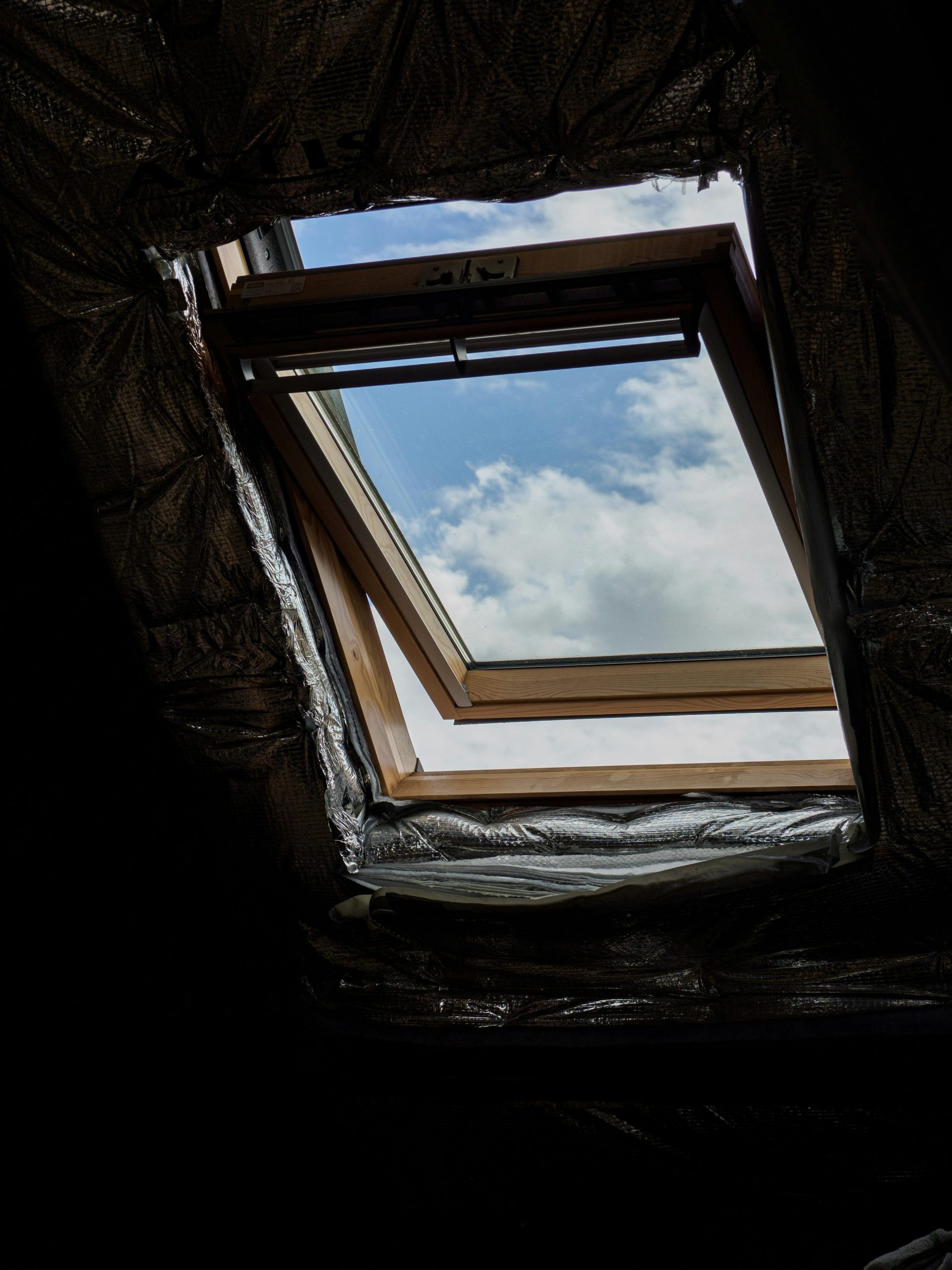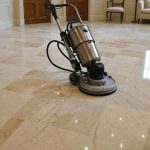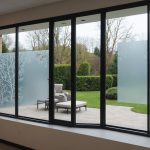Polycarbonate rooflights offer a smart way to brighten and modernize spaces without heavy structural changes. Their lightweight, durable design adapts easily to various building styles, combining practical ventilation options with stylish forms. Discover how choosing the right polycarbonate rooflight can enhance natural light, improve energy efficiency, and transform any area into a welcoming environment.
Key information on polycarbonate rooflights: purpose, usability, buying essentials
Robust Polycarbonate Rooflights are popular for both residential and commercial buildings because they maximise natural daylight, supporting energy-saving goals and creating welcoming, bright interiors. These rooflights improve indoor comfort and ambiance by diffusing sunlight evenly, whether in kitchens, bathrooms, living spaces, offices, schools, or retail environments.
In the same genre : The comprehensive handbook for selecting pet-friendly flooring in uk households with indoor pets: discover the best choices!
Built from advanced polycarbonate, these units are prized for their exceptional impact resistance—outperforming glass in situations where durability and safety matter most. Their shatter-resistant structure makes them suitable for environments where accidental impacts could occur, while the featherweight build reduces labor and material demands on supporting roofs. UV protection embedded in the panels helps protect both people and furnishings, and robust weatherproofing enables long-term performance against leaks and drafts.
Available in domed, pyramid, and flat designs, these rooflights accommodate a wide range of roof profiles and architectural needs. Buyers can select from fixed or ventilated models, with options such as manual or electric vents, trickle ventilation, and bespoke sizes for unique project requirements. Choosing the right type depends on light diffusion preferences, installation method, and whether airflow control is needed to enhance indoor air quality.
Also to discover : Transform your space with top contract furniture in london
Comparing Polycarbonate and Glass Rooflights: Performance, Cost, Longevity
Polycarbonate rooflights deliver superior impact resistance compared to glass rooflights. The difference is tangible—polycarbonate panels withstand knocks, hail, and heavy debris, minimizing risks of shattering. This makes impact resistant panels especially valuable in settings prone to accidental contact or adverse weather, offering peace of mind and safeguarding against frequent replacements.
In a direct comparison with glass rooflights, polycarbonate options stand out for their lightweight structure, which eases the burden on supporting frameworks and speeds up installation. The cost benefits of rooflights constructed with polycarbonate are clear: not only are the initial material expenses lower, but installation costs and maintenance of roof glazing are also typically reduced. The cumulative savings over time make these long lasting rooflights a practical choice for those seeking durability without overspending.
Polycarbonate units feature built-in UV protection to combat yellowing or cloudiness. While glass rooflights resist scratches better and retain clarity longer, a modern polycarbonate rooflight with triple skin insulation remains clear long-term if cleaned gently and shielded from abrasive contact. The result is a rooflight that balances affordability, high thermal performance, and extended lifespan—making it an optimal solution for both commercial and residential projects.
Installation and Practicalities for Homeowners and Professionals
Installation using easy to install roof glazing appeals to both DIY rooflight fitting enthusiasts and those seeking installation by professionals. Polycarbonate roof domes, known for their lightweight roofing designs, require careful handling—especially when considering upstand compatibility. The right upstand ensures stability and the correct fit, minimizing weatherproof rooflights failings and energy loss.
Professional fitting is often favored, especially for larger or higher installations, as it guarantees compliance with building regulations and uses proper weather sealing techniques. For DIY rooflight fitting, follow all supplied instructions, observe safety protocols, and assess roofing panel thickness options to match insulation needs. Calm, dry conditions are best—wind or rain can compromise seals and create future leaks even in high-performance weatherproof rooflights.
Routine maintenance, a core maintenance tip, is minimal: use mild, non-abrasive cleaners and inspect seals annually to keep weatherproof rooflights in optimal condition and sustain long-lasting rooflights. UV resistant roofing panels will resist yellowing, but scratches or cloudiness can develop over years. Most easy to install roof glazing systems offer replaceable components, prolonging lifespan if panels become damaged.
Professional installers will advise on best practice for optimal performance, whether you choose single, double, or triple skin panel options, ensuring both insulation and durability. Always confirm building regulations compliance when selecting products and methods.
Product Options, Customisation, and Suitability for Varied Projects
Precision in rooflight selection starts with tailoring insulated clear rooflights to each project’s unique requirements. Kingspan brand rooflights, for example, are trusted for their robust performance in both commercial building daylighting and residential rooflighting solutions. Wide-ranging dome, flat, and pyramid design options ensure an ideal match for traditional homes, modern spaces, and expansive industrial sites.
Diverse panel thicknesses offer enhanced sound insulation qualities and improved energy efficiency, a vital consideration in offices, schools, and pool enclosure panels. Bespoke rooflight solutions accommodate unusual dimensions or design challenges, while color options for panels and different glazing finishes support architectural vision without sacrificing performance.
Accessory choices—such as electrical controls, ventilators, or integrated blinds—help transform standard insulated clear rooflights into truly customized daylighting features. Integration with existing roofing is streamlined by compatible frame materials and adaptors, supporting seamless replacement or new construction.
Kingspan brand rooflights stand out for their ease of installation and warranty terms, making them popular across residential rooflighting solutions as well as large-scale commercial building daylighting. Selecting the correct product ensures long-term value, weather-resilience, and optimal light transmission for any environment.











